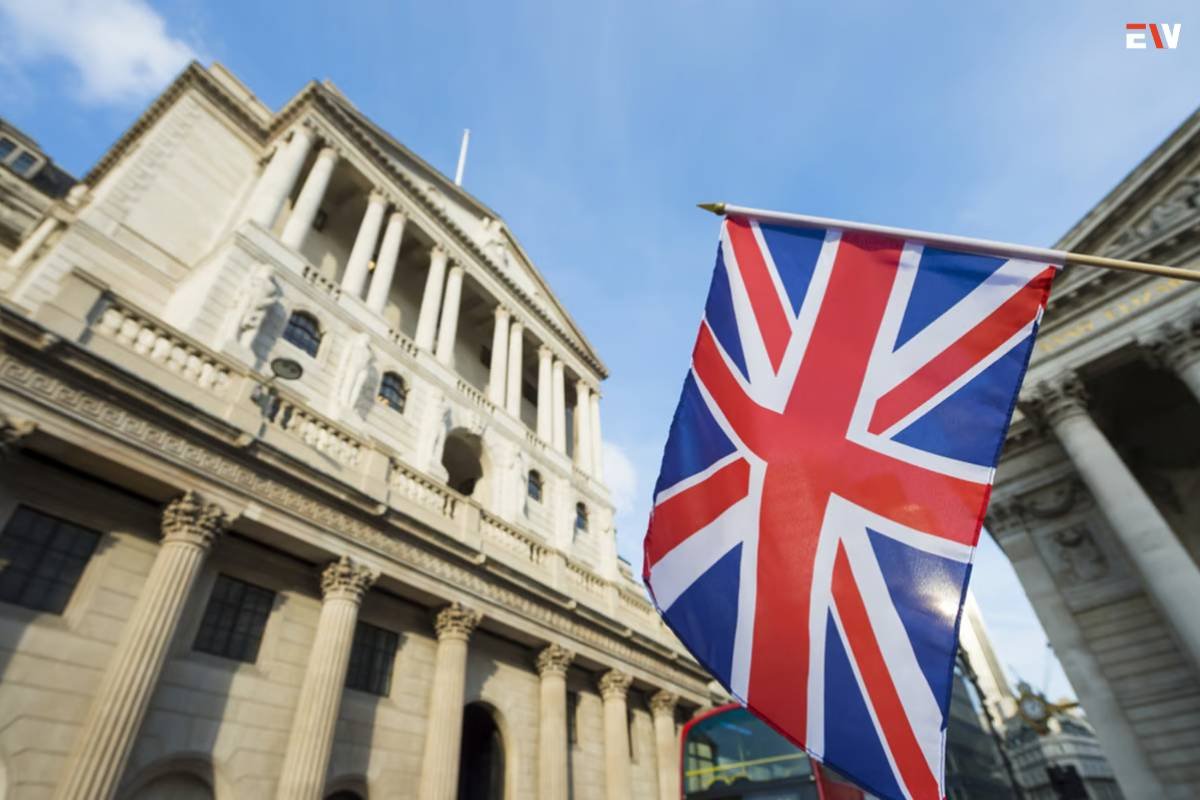Central Bank Signals Potential Cuts as Inflation Eases
In its latest decision, the Bank of England (BoE) opted to maintain interest rates at 5.25%, signaling a potential shift towards rate cuts as inflation dips below expectations. The Monetary Policy Committee (MPC) voted 8-1 to keep rates unchanged, with one member advocating for a 25 basis points reduction to 5%. This decision marks a departure from previous meetings, where two members had favored rate hikes.
Encouraging Signs of Falling Inflation
Bank of England Governor Andrew Bailey cited encouraging signs of decreasing inflation in recent weeks. Headline inflation dropped to 3.4% annually in February, reaching its lowest level since September 2021. Bailey emphasized the need to ensure inflation returns to the 2% target and remains stable before considering rate cuts.
Balancing Act Amid Economic Challenges
The UK economy, having slipped into a technical recession in the final quarter of 2023, faces a delicate balance between reining in inflation and preventing a prolonged downturn. Despite two years of stagnation, the Bank of England aims to navigate this challenge by maintaining a restrictive monetary policy until inflation stabilizes sustainably at the target rate.
Market Interpretation and Expert Analysis
The announcement prompted Sterling’s retreat and a rally in UK bonds, indicating market interpretation as a dovish pivot. Experts suggest that the MPC’s shift reflects cautious optimism regarding future rate cuts, considering factors such as labor market conditions, wage growth, and services inflation.
Suren Thiru, Economics Director at ICAEW, criticized the Bank of England’s cautious approach, urging for timely rate cuts to alleviate economic struggles. Meanwhile, PwC Chief Economist Barret Kupelian emphasized the need for concrete evidence of cooling inflationary pressures before any decisive action.
Global Economies Anticipate Rate Adjustments
Central banks worldwide are poised to declare victory in the battle against inflation after two years of rapid tightening. Following the Swiss National Bank’s rate cut, the Bank of England’s tone has notably softened, with expectations of transatlantic rate cuts by summer.
Hussain Mehdi, Director of Investment Strategy at HSBC Asset Management, anticipates a slow-cutting cycle as central banks adjust rates to stabilize inflation. Despite potential hurdles, such as labor market dynamics and core CPI disparities, experts foresee a gradual easing cycle, culminating in rates around 3%.
As inflation remains elevated compared to the 2010s, HSBC predicts a prolonged period of rate adjustments amidst a fragmented global economy and continued fiscal policy interventions.
In conclusion, the Bank of England’s decision to maintain rates amidst falling inflation signals a cautious yet optimistic approach towards future monetary policy adjustments, as central banks worldwide navigate the complexities of stabilizing economies amid inflationary pressures.
Also Read: Navigating Organizational Success: An In-Depth Exploration of Management Models










